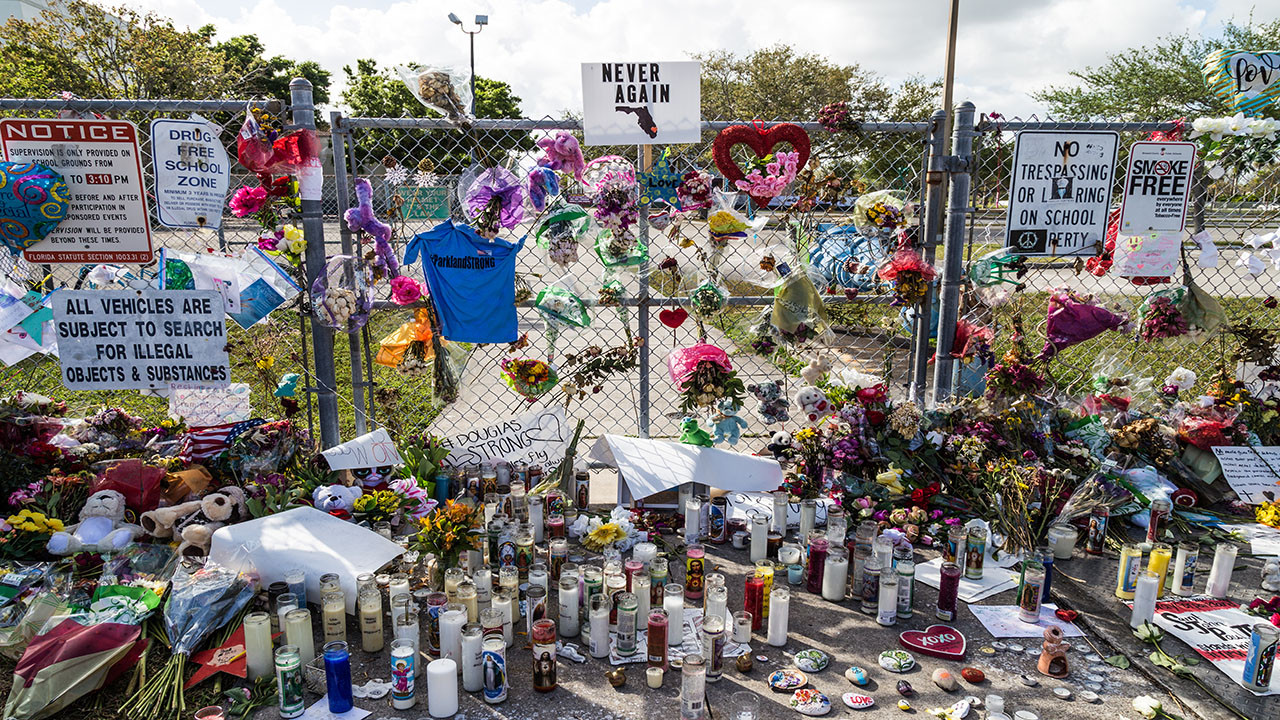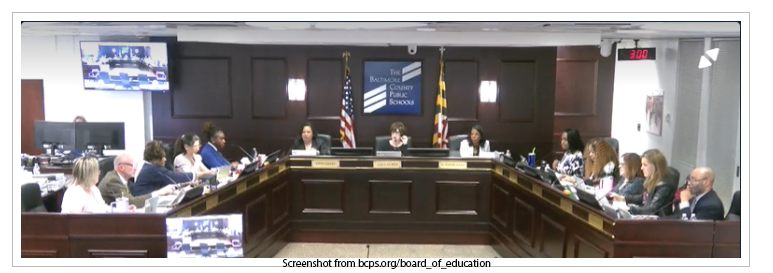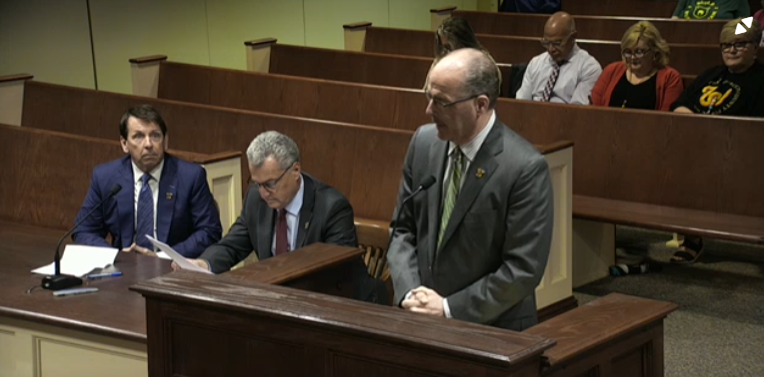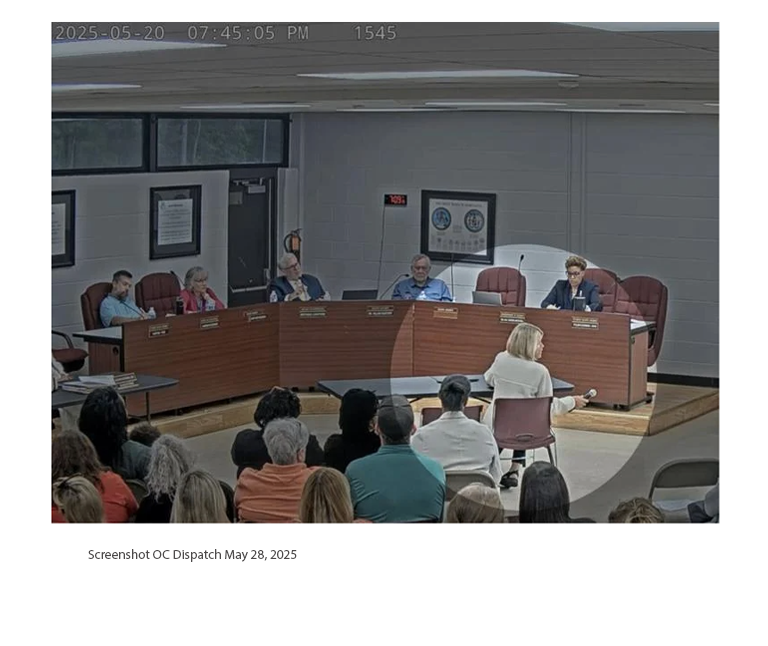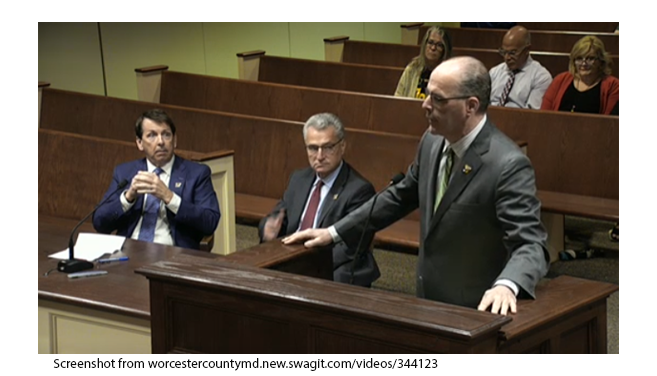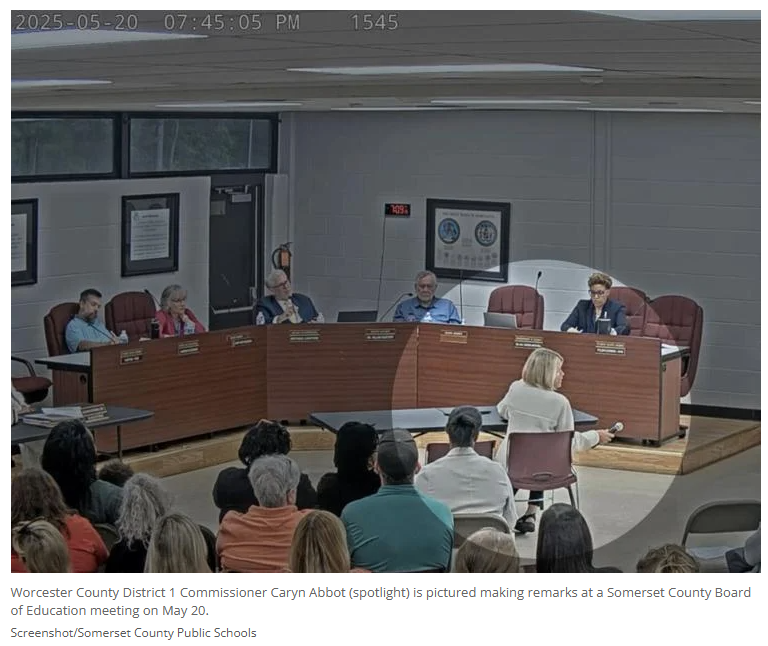
School Counselors Face ‘Role Ambiguity.’ This State Tried to Clarify Matters
School counselors are supposed to focus on supporting students’ mental health and to work with them on their academic and career plans. But, in some schools, the job can include nearly everything—from filling in when teachers are absent, discipline intervention, and computing student test scores.
A few years ago, New York introduced new regulations designed to clarify the school counselor’s role in the building and reduce the extra duties they’re often asked to pick up.
But new research suggests that that’s easier said than done. Principals and counselors had notably different feelings about whether the changes made a difference, according to Robert Feirsen, an associate professor of educational leadership at Manhattanville College in Purchase, N.Y.
Feirsen, along with two colleagues, studied principals’ and school counselors’ perceptions of the school counseling role following the state’s education department’s revamp in 2017.
The regulations took effect for the 2019-20 school year. Among other things, they required that all schools have a guidance program, that all K-12 students have access to a certified counselor, and that counselors teach a class in every school. Counselors also had to work with students in grades 6-12 on an education progress and career plan, and all schools were also expected to have a building-level guidance plan.
And importantly, the regs stated that they are school counselors, not guidance counselors: Their role goes beyond schools’ academic program.
Principals and counselors don’t always agree
For the study, Feirsen; Carol Dahir, a professor in the department of school counseling at the New York Institute of Technology; and Cameka Hazel, an assistant professor at the same college, surveyed 1,630 principals and counselors.
From the surveys and lengthy written responses from a subset of respondents, Feirsen and his colleagues noted that principals generally had a rosier view of the policy changes, and of their own role in relying on their counselors’ expertise, especially during the 2020-21 school when the state’s schools were still in flux because of the pandemic.
For their part, school counselors thought the new regulations set clear expectations and added some consistency to what was expected of them.
Principals also thought the counselors were essential for a well-run school, and that they were “more important than ever,” reflecting the data that were collected during the pandemic when a focus on students’ social-emotional well-being became acute. Principals also said they found on-campus leadership roles for school counselors and recognized the important role that school counselors played in building a positive school climate. They included counselors in major school decisions that affected the entire school community. Counselors’ contributions, principals said, were hard to quantify.
But counselors pointed to some gaps: More paperwork as a result of the new regulations meant they had trouble meeting deadlines; some had no idea that the regulations or expectations had changed; and others felt that their leaders didn’t respect them. Still others felt like they were being forced to choose between working on student’s social-emotional well-being and fulfilling the compliance aspects of the revised job.
But the counselors liked that they now had more meetings with students and that they were able to provide more classroom lessons.
Role ambiguity remained a big area of disconnect between principals and counselors.
In theory, the new mandates clarified what counselors should do, minimizing their non-counseling duties. But counselors said principals still weren’t clear about that. Some principals, they said, resisted the changes; some didn’t understand them because training was not consistent; and some didn’t change the counselors’ duties because there aren’t a whole lot of extra bodies in schools to pick up the work that counselors couldn’t do.
In particular, they were sometimes still considered guidance counselors focused solely on academic concerns rather than holistic mental health and well-being, they said.
Where did principals and counselors agree? That schools needed more counselors, for one thing. Principals wanted full-time counselors in elementary schools and for counselors’ school year to be longer, so they’d start before students arrived and end the year after students had left, with appropriate compensation.
Counselors wanted a lower case load to get closer to the ratio of 1 to 250 students recommended by the American School Counselor Association, less paperwork, and more professional development. A director of counseling would also help with the added counseling staff, they said.
Implementation matters
Feirsen and his colleagues heard from respondents that the implementation of the new regulations suffered from both active resistance from some principals, while others were unaware that the regulations had changed.
“Principals have a thousand things to do every day, so adding another mandate doesn’t necessarily guarantee that something is going to happen,” Feirsen said.
School counselors, Feirsen said, have to be their own advocates and make the argument that they are an essential part of helping schools achieve their goals.
From social-emotional health to community engagement to academics, “school counselors can work with principals to say, ‘My role is really complementary to the things you want to accomplish, rather than another add-on,’” he said.
A key takeaway is that while policy changes may be well-intentioned, paying attention to implementation matters a great deal. Especially in schools, where there’s a lot of staff and administrator turnover through resignations and role changes, successful implementation “requires consistent support, consistent training,” Feirsen said.
There are some caveats to the research. It’s focused on one state and therefore cannot be generalized. While 1,630 principals and counselors responded to the survey, only 460 provided longer responses to the questions on their role and how the regulations had affected their work in schools, a response rate of 11 percent.
There were also more responses from counselors than principals, and the data were collected in the first full school year of the pandemic when many K-12 workers were asked to take on duties that weren’t necessarily part of their job descriptions.
But the findings offer clues to other states that are looking at their own regulations and supports for school counselors.
“This is documenting what’s on the ground, and what people are feeling, thinking, saying, and doing,” Feirsen said. “That in itself is valuable feedback to not only the practitioners, but to the policymakers themselves.”
Dig Deeper With Our Longreads
Newsletter Sign up to get our best longform features, investigations, and thought-provoking essays, in your inbox every Sunday.
The MEN was founded by John Huber in the fall of 2020. It was founded to provide a platform for expert opinion and commentary on current issues that directly or indirectly affect education. All opinions are valued and accepted providing they are expressed in a professional manner. The Maryland Education Network consists of Blogs, Videos, and other interaction among the K-12 community.

